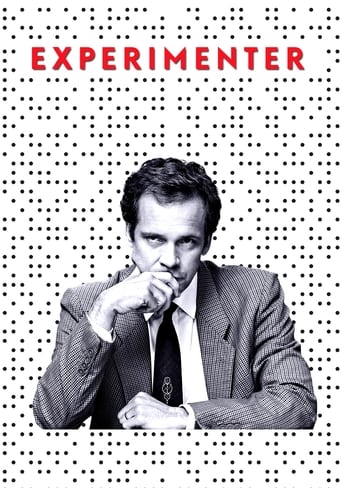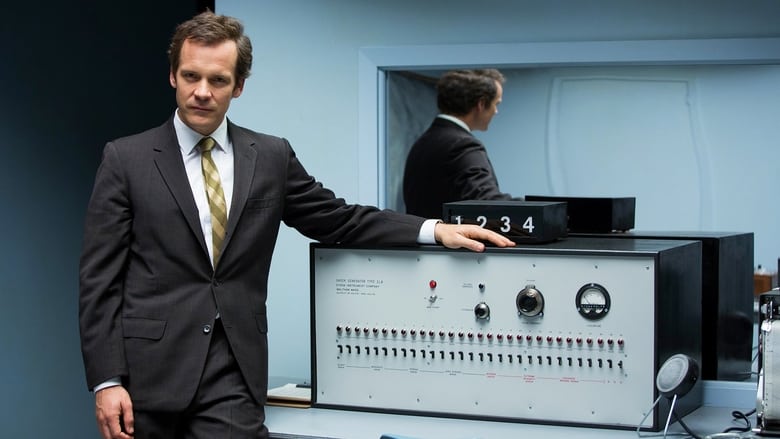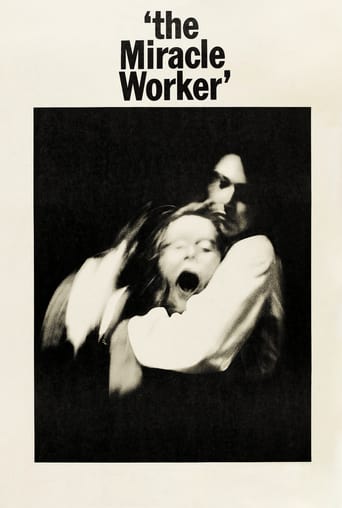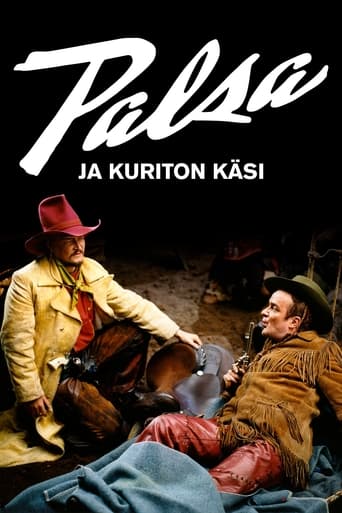Experimenter (2015)
Yale University, 1961. Stanley Milgram designs a psychology experiment that still resonates to this day, in which people think they’re delivering painful electric shocks to an affable stranger strapped into a chair in another room. Despite his pleads for mercy, the majority of subjects don’t stop the experiment, administering what they think is a near-fatal electric shock, simply because they’ve been told to do so. With Nazi Adolf Eichmann’s trial airing in living rooms across America, Milgram strikes a nerve in popular culture and the scientific community with his exploration into people’s tendency to comply with authority. Celebrated in some circles, he is also accused of being a deceptive, manipulative monster, but his wife Sasha stands by him through it all.
Watch Trailer
Cast
Similar titles
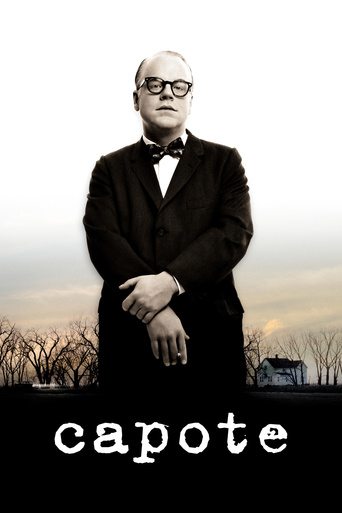
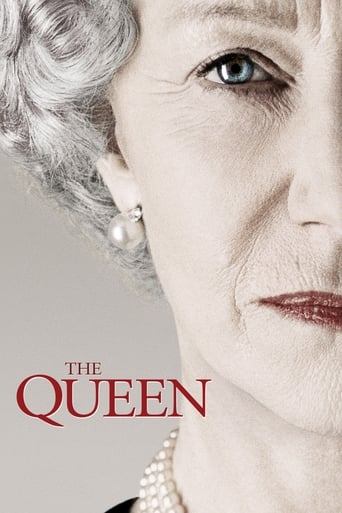

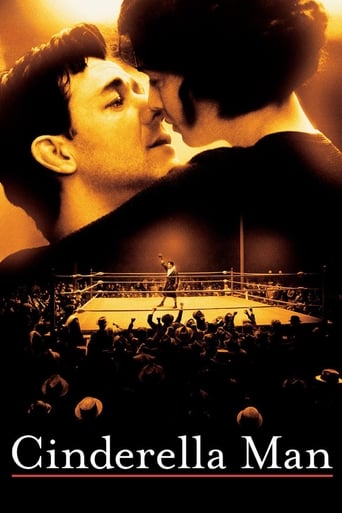

Reviews
Good story, Not enough for a whole film
Although it has its amusing moments, in eneral the plot does not convince.
If the ambition is to provide two hours of instantly forgettable, popcorn-munching escapism, it succeeds.
The story, direction, characters, and writing/dialogue is akin to taking a tranquilizer shot to the neck, but everything else was so well done.
I really can not describe the whole film as I fell asleep and lack the motivation to watch the part I missed. The problem with the film is it is neither a good documentary nor a good film, if it wishes to be an interesting film it needs to inject some pace or drama. The central character breaks the fourth wall and talks directly to the audience, this increases as the film progresses to the point were it is nearly pure narration, the fake backgrounds simply break your involvement with the film. It is a shame as it covers so really interesting points as how far will people go if told to do so by authority, it opens up the debate on how could people conduct the atrocities in concentration camps? did the conductor of the experiment abuse the participates? the more I think about it this would have made a better documentary.
Intelligent, challenging, semi-experimental view of psychological scientist Stanley Milgram and his seminal early 60s experiment that proved most people would follow orders that went against all they believe in - and caused them great personal stress - even to the point of believing they were causing bodily harm or death, if they felt it was expected of them and they wouldn't be blamed.Almereyda, long one of our bravest and least conventional film-makers, uses his tendencies to break from traditional storytelling to his advantage here. He breaks our usual illusion of 'reality' in a movie with black and white projections as parts of sets, the main character addressing the camera, sometimes about events that haven't happened yet, and even a (very funny) literal 'elephant in the room'. These playful, Brechtian devices distance us and keep us from emotionally getting lost in the story in the way a traditional Hollywood bio-pic would have us do. But it serves to heighten key intellectual questions about Milgram and his work – which also manipulated reality, and implied a certain artificial distancing between Milgram and the human race.Like a film, Milgram's experiment manipulated people, told them stories, to get them to react a certain way, and Almereyda makes us ponder a lot of these uneasy connections between art and science.Not all of these cinematic gambits work, and sometimes ideas get repeated beyond effectiveness. But I'll take this kind of fresh, jarring approach to looking at a man and the ideas his work over a traditional, shallower Hollywood approach any day.
I remembered reading about Stanley Milgram's controversial 'shock experiments' a while ago so was interested in watching this movie when it appeared on my Amazon Prime account.Peter Sarsgaard's lazy portrayal of Milgram is both fascinating and annoying. Whilst he is successful in making you believe he was Milgram I felt there was something lacking in his performance of a man who was driven in everything he did in real life by the horrors of the Holocaust. Even when confronted by a team of professionals to justify his experiments Sarsgaard's laidback style dilutes what should have been a moment in the film when you get to the heart of Milgram and what drove him on to do the work that he did.Michael Almereyda's device of having Sarsgaard (as Milgram) constantly interrupting the flow of the film by talking to the audience is novel at first but mildly irritating towards the end.Winona Ryder holds up her own as Milgram's wife. However, her character pretty much remains in the background - other than when she is called out by one of Milgram's students who tries to imply that Milgram's experiments are more to do with control, and controlling those around him, than a genuine scientific interest in human nature. The story itself is a fascinating one, however, and whilst the main actors are a bit watery/laidback, I think it will leave you wondering about yourself, individually, and the fundamental nature of the human race.PS : If you enjoyed this film, I would also recommend Craig Zobel's 'Compliance'.
Peter Sarsgaard ('Black Mass and 'The Killing')stars as Professor Stanley Milgram who conducted a range of experiments as a social psychologist. His most famous/notorious were his 'obedience tests'. He conducted these using volunteers who were told to electrocute a stranger if they answered any pre set question wrong in a controlled environment. The doses increased as the test progressed. His wife is played by the wonderful Winona Ryder.His results caused him both fame and derision and he is still used and cited widely today. The film follows the life of Milgram, his family and marriage and some of his personal acquaintances. Sarsgaard, as ever, is excellent and convincing but there are some filmatic techniques that were a bit odd. There is deliberate use of fake backgrounds - as if it were a play – in some of the scenes. There is also the use of an Indian elephant for two corridor scenes which is left totally unreferenced!?This could be the elephant in the room has already escaped and is amongst us? I do not know but it is a great centre piece to get you thinking. And that is what this film is really about – challenging and questioning our ideas and ideals about who we are and how we would act if confronted with the self same situations. He called it the 'agentic state' whereby we say 'we were just following orders', or 'it's the law' or worse 'I was told to do it'. I find this sort of discussion fascinating and there is much more here in this film about Milgram's work. One I really enjoyed and feel easy to recommend even with the elephant.
